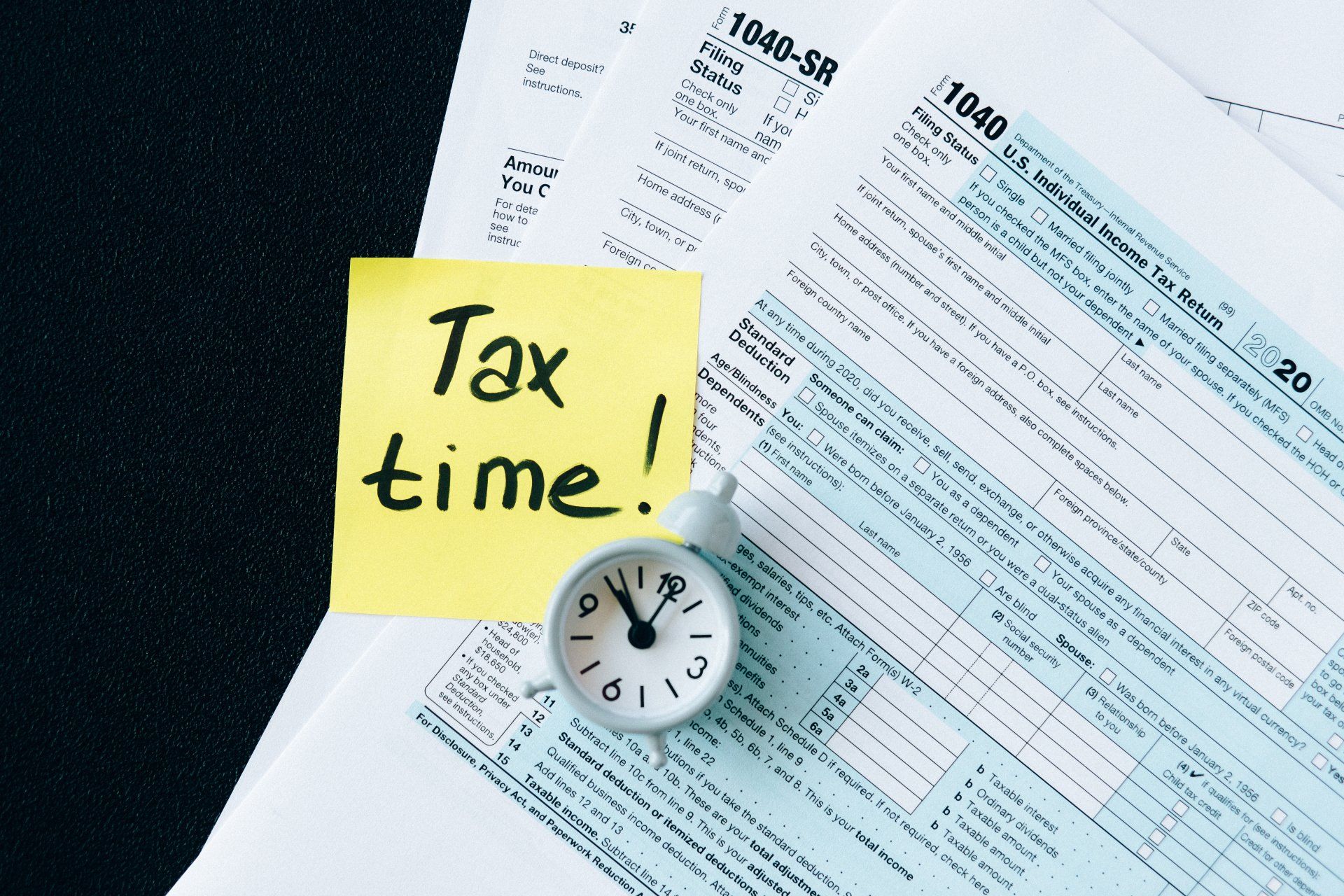Pension Tax Relief Changes
Tax Simplified 4 You | 18 November 2020
The main change for pensions in the Budget 2020 was a change to the tapered annual allowance.
Old Rules
Most people can pay in up to £40,000 a year into their pension, but the Tapered Annual Allowance rules, introduced in 2016, limit the amount high earners can pay in.
Under the old rules, the Tapered Annual Allowance is triggered when both the threshold income, being gross income less personal pension contributions, exceeds £110,000 and the adjusted income, being gross income plus employer pension contributions, exceeds £150,000.
The £40,000 annual allowance is reduced by £1 for every £2 that the adjusted income exceeds £150,000, to a minimum annual allowance of £10,000. Tapered annual allowance can be carried forward from the previous three tax years in the same way as the normal annual allowance.
New Rules
Under the new changes introduced by the government, the threshold income has been raised to £200,000 with effect from 06 April 2020, meaning individuals with income below this level will not be affected by the Tapered Annual Allowance.
The annual allowance will only begin to taper down for individuals who also have an adjusted income above £240,000.
For individuals who continue to be affected by the tapered annual allowance, the minimum tapered annual allowance will reduce to £4,000.
The lifetime allowance, the maximum amount you can in a pension over time, has increased from £1,055,000 for the 2019/20 tax year to £1,073,100 for the 2020/21 tax year.
Impact on Individuals
Those earning more than £300,000 will see a reduction in their annual allowance and will consequently pay more tax. On the other hand, those earning below £300,000 adjusted income are likely to see a reduction in the tax they pay because they are either no longer impacted by the tapering rules and are entitled to the full £40,000 annual allowance, or they are still impacted by the tapering rules, but their tapered annual allowance has increased.
The most high-profile impact of these changes will be felt in the National Health Service where many doctors can have high earnings and build up sizeable pension benefits. The tapered annual allowance rules have resulted in some doctors receiving high tax bills or seeing their future pension benefits reduced, which in turn has made some doctors reluctant to take on additional overtime.
With the pressure on the NHS arising from the coronavirus outbreak, these changes may help reassure some doctors that they can take on additional work without worrying about unexpected tax bills.









